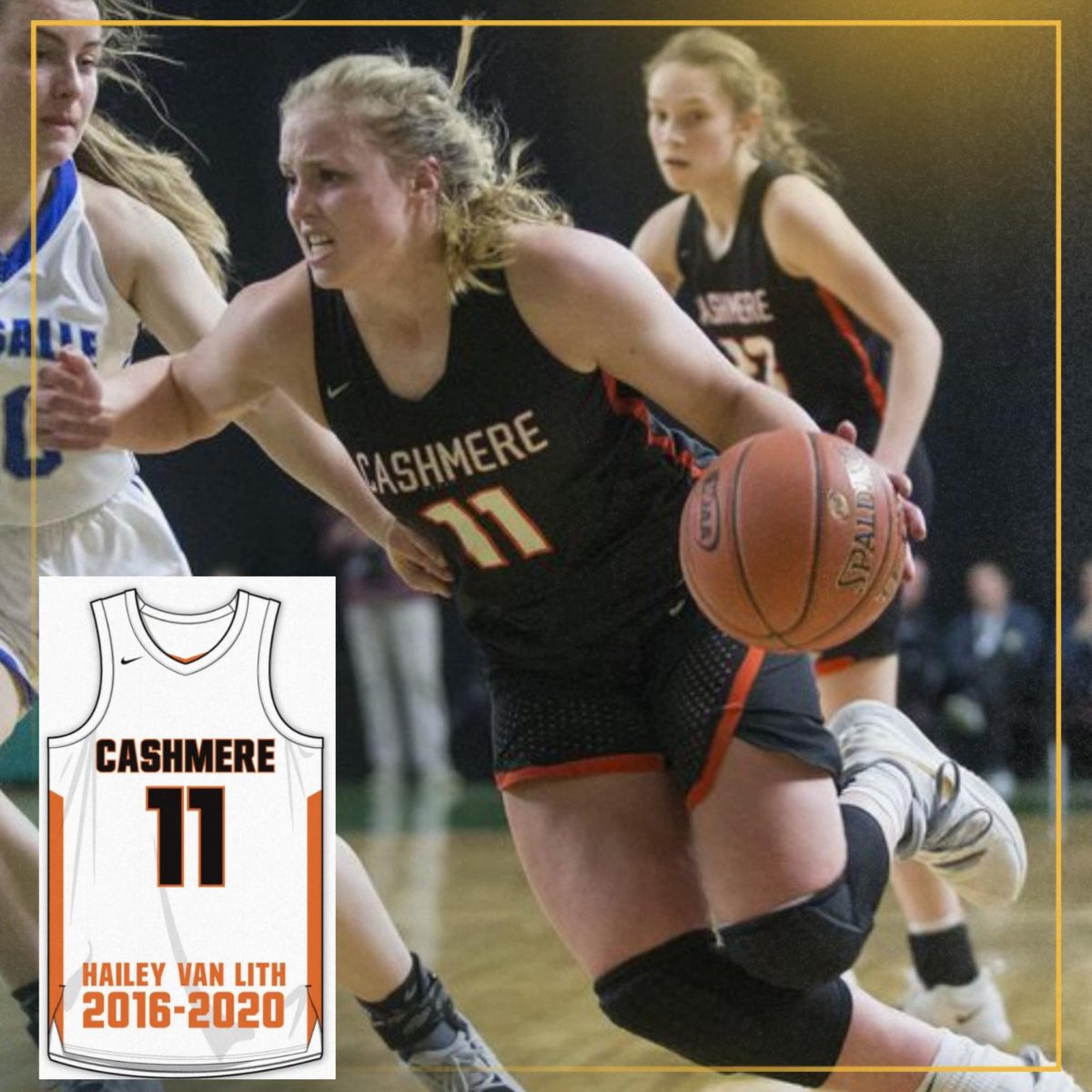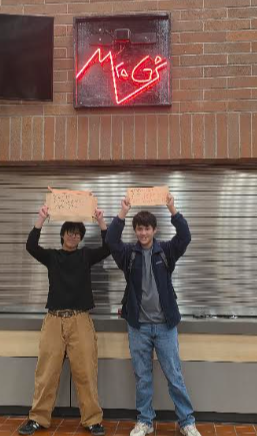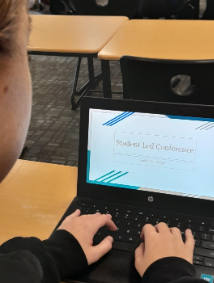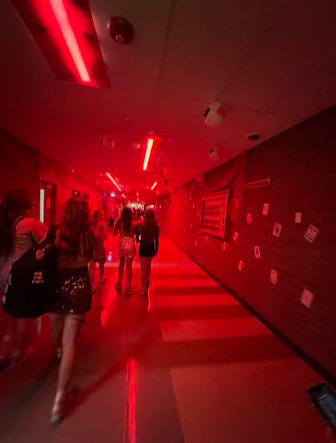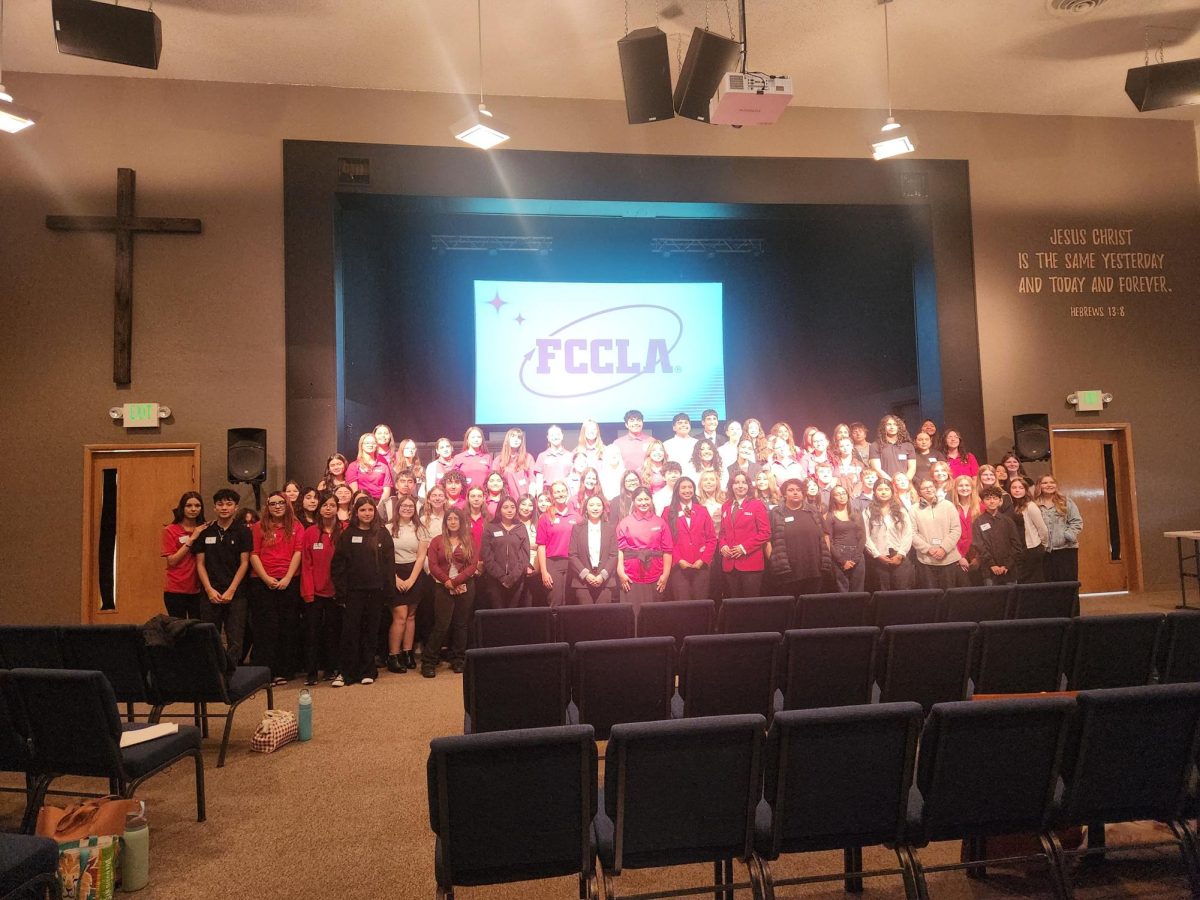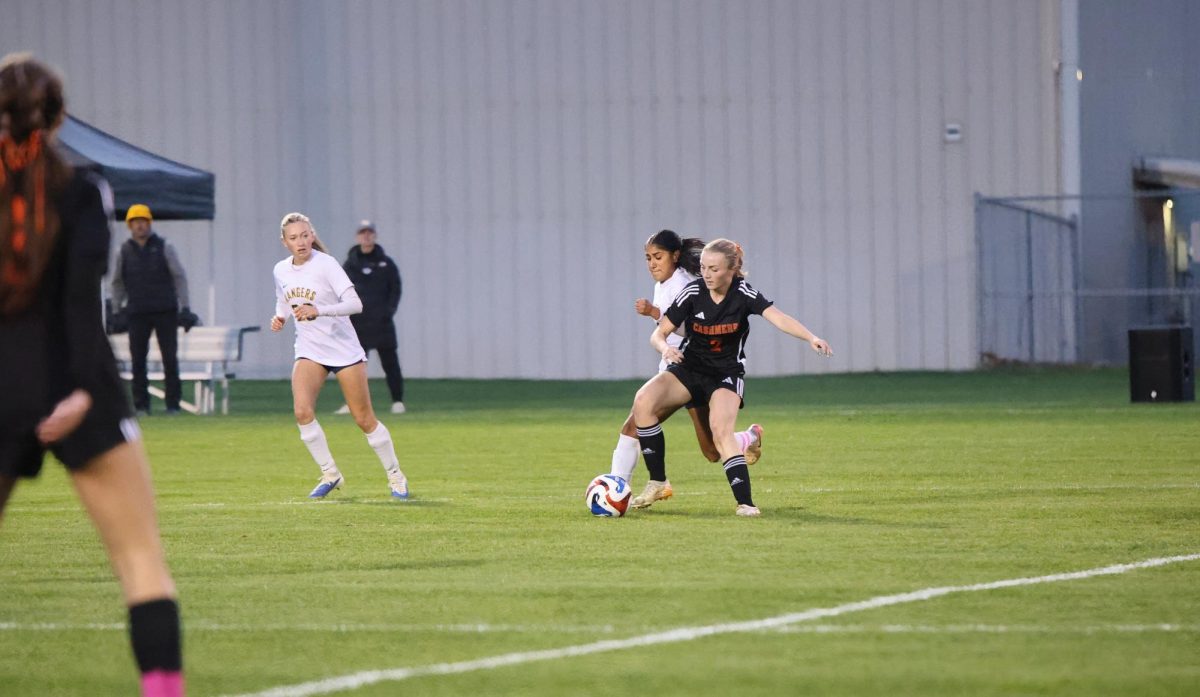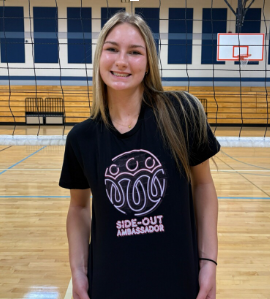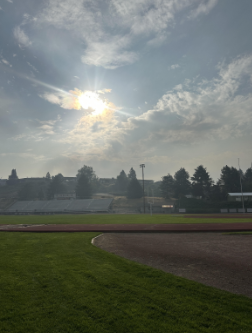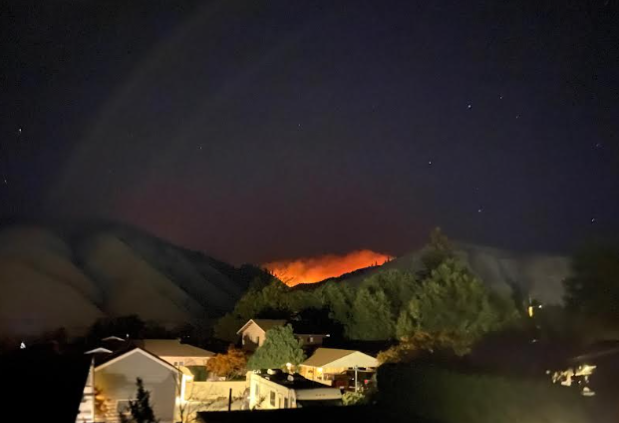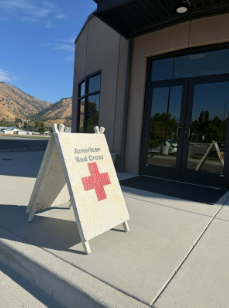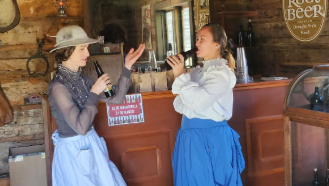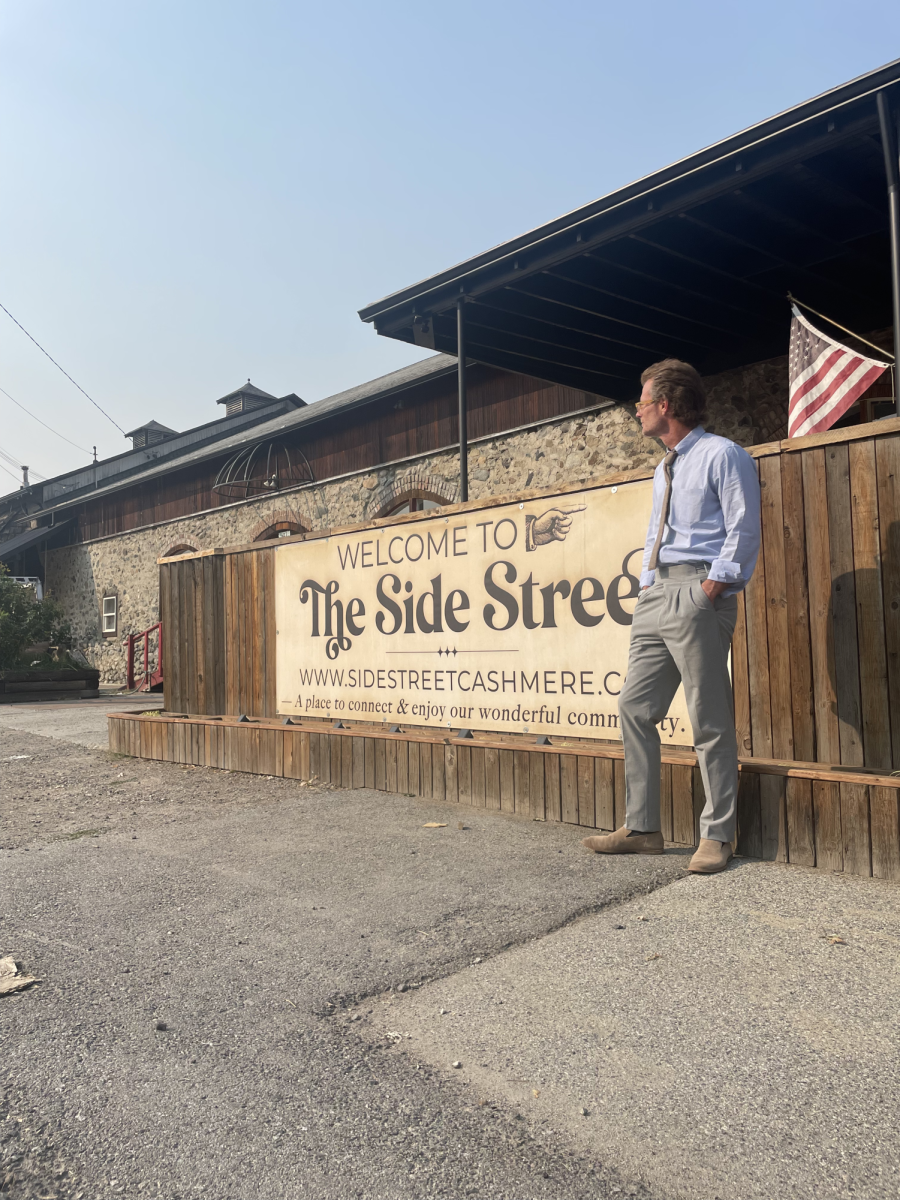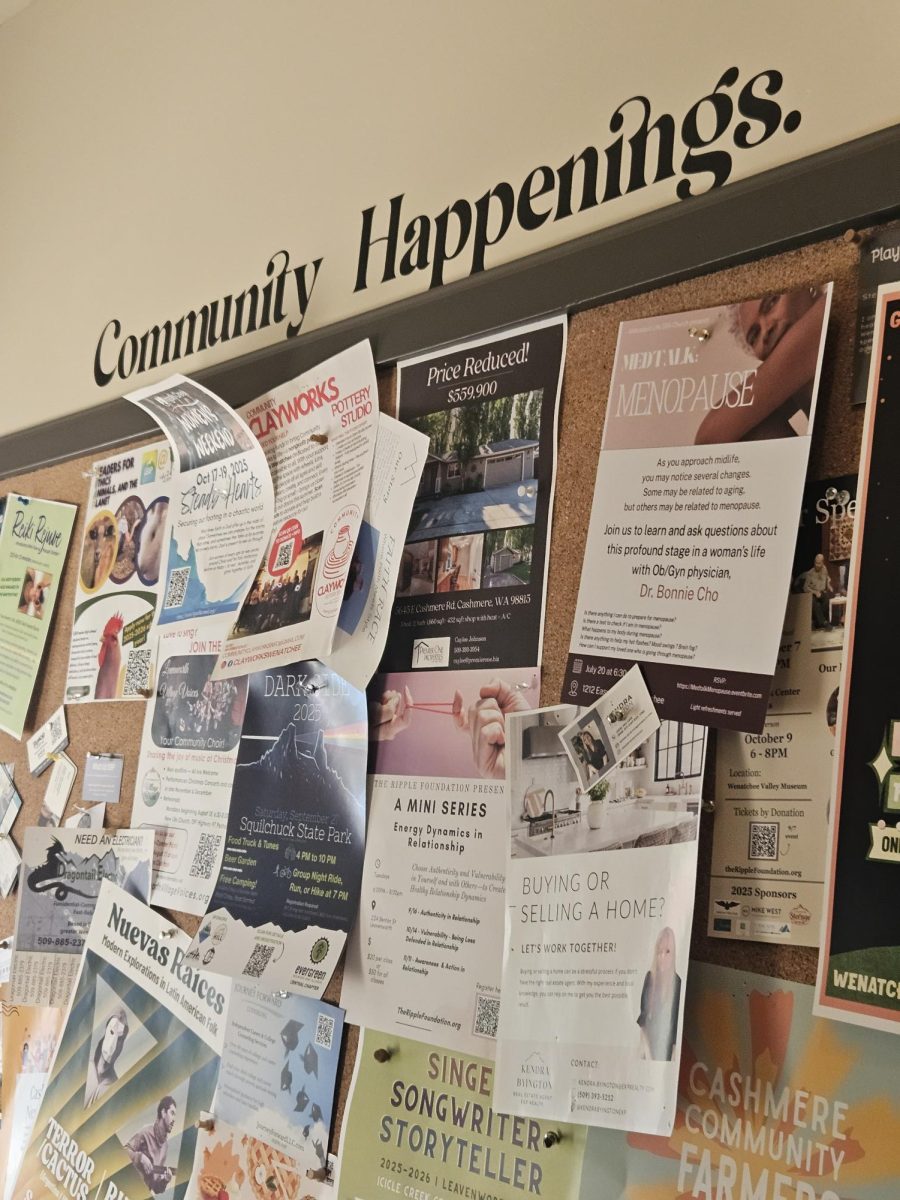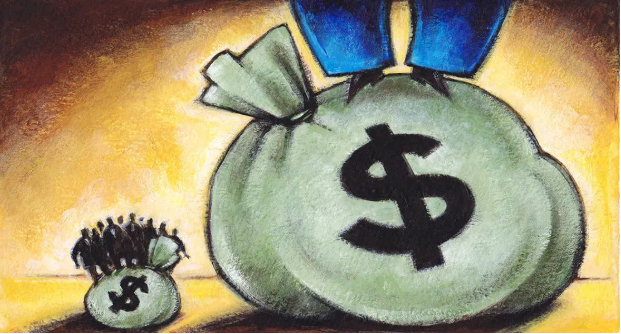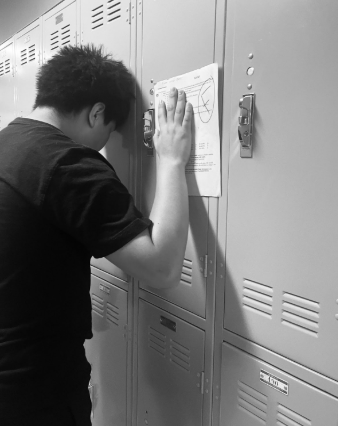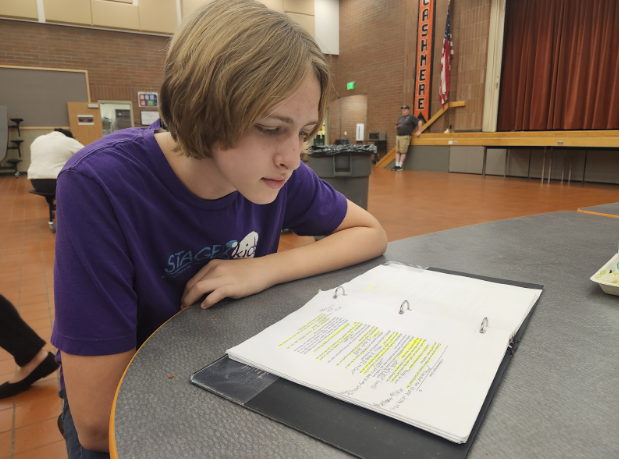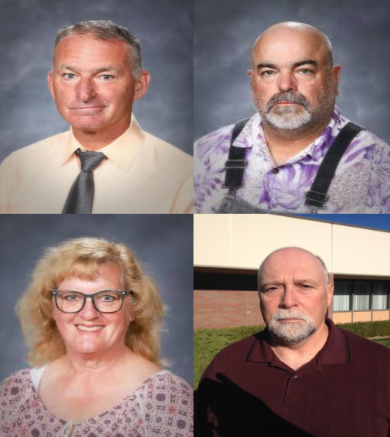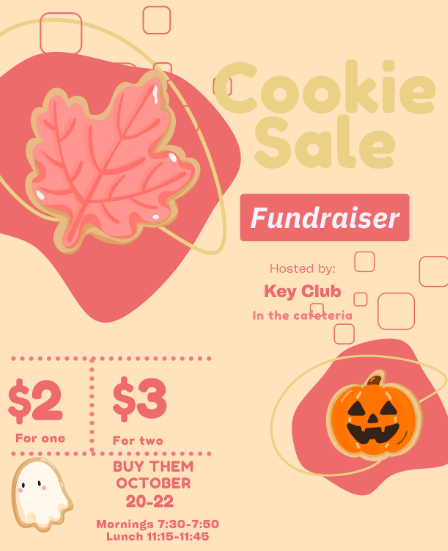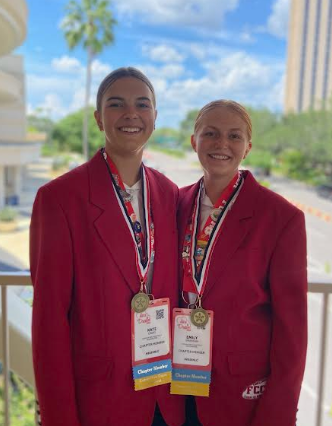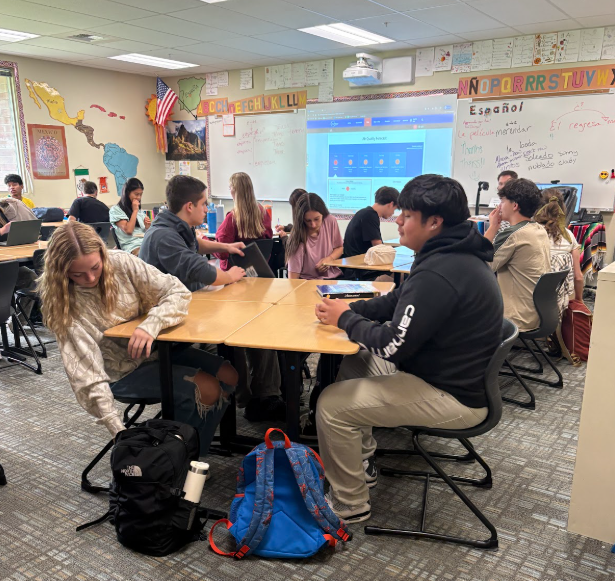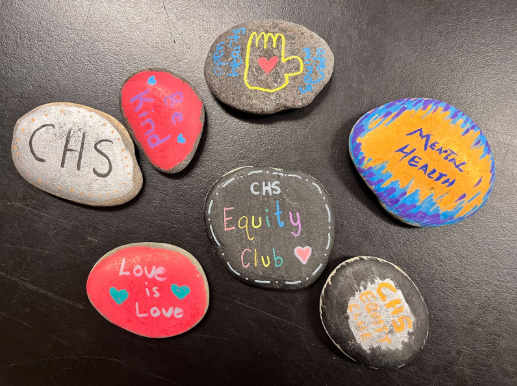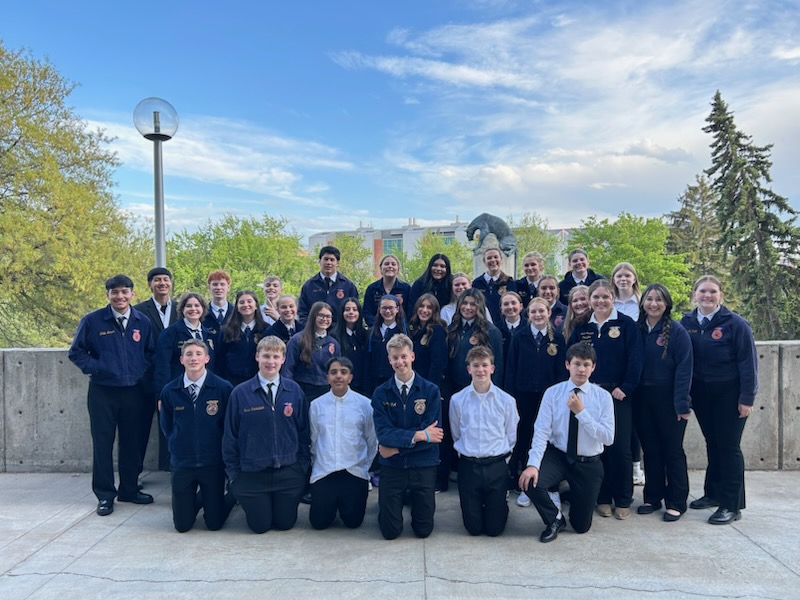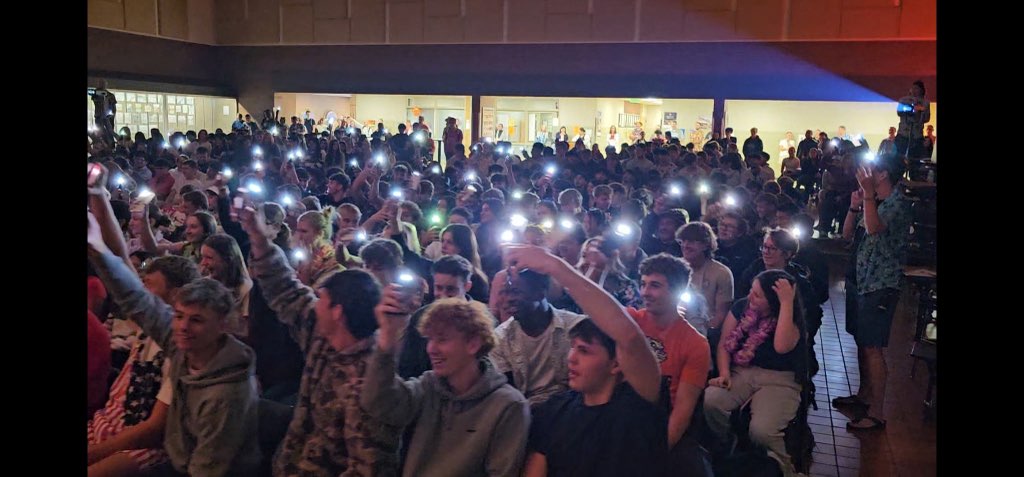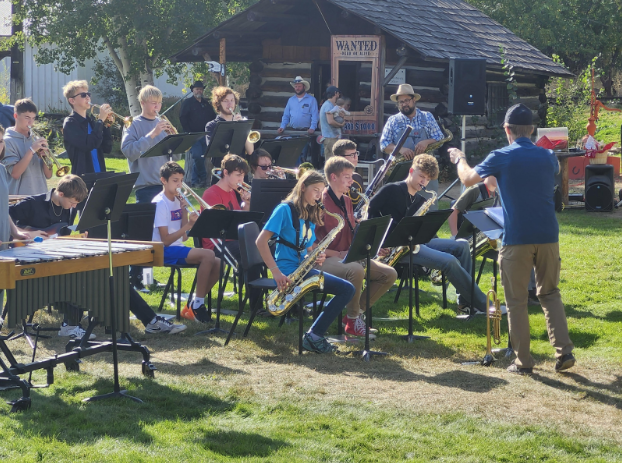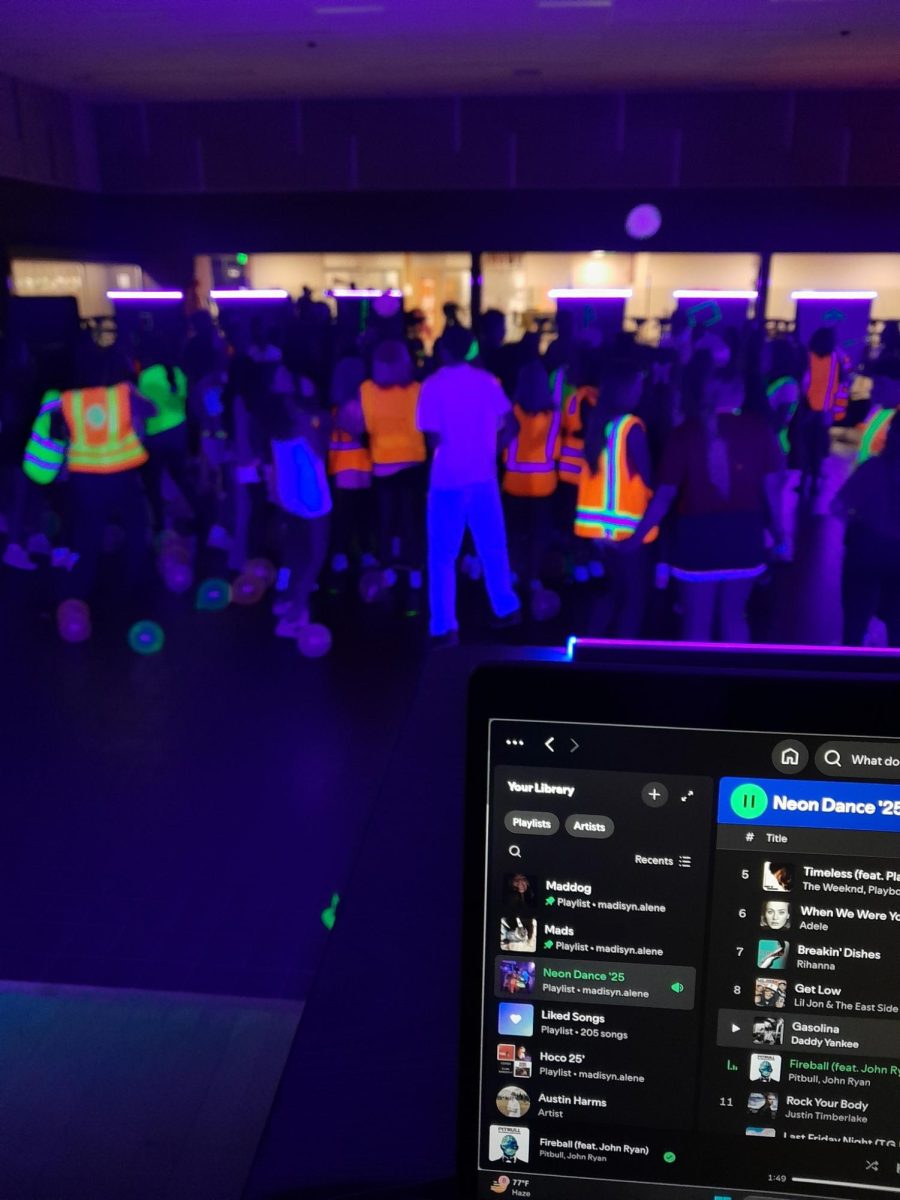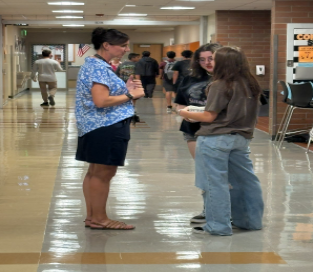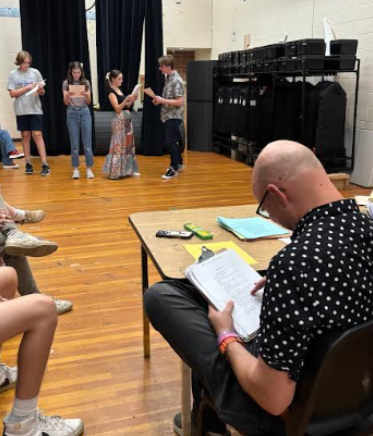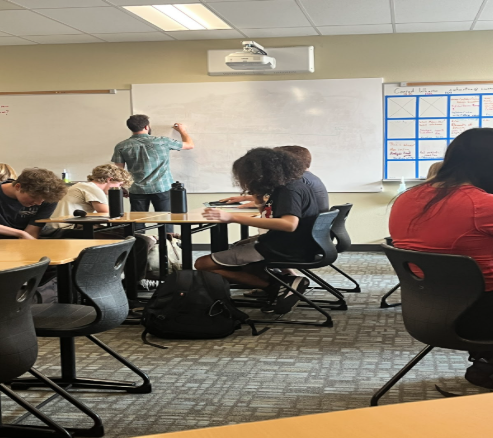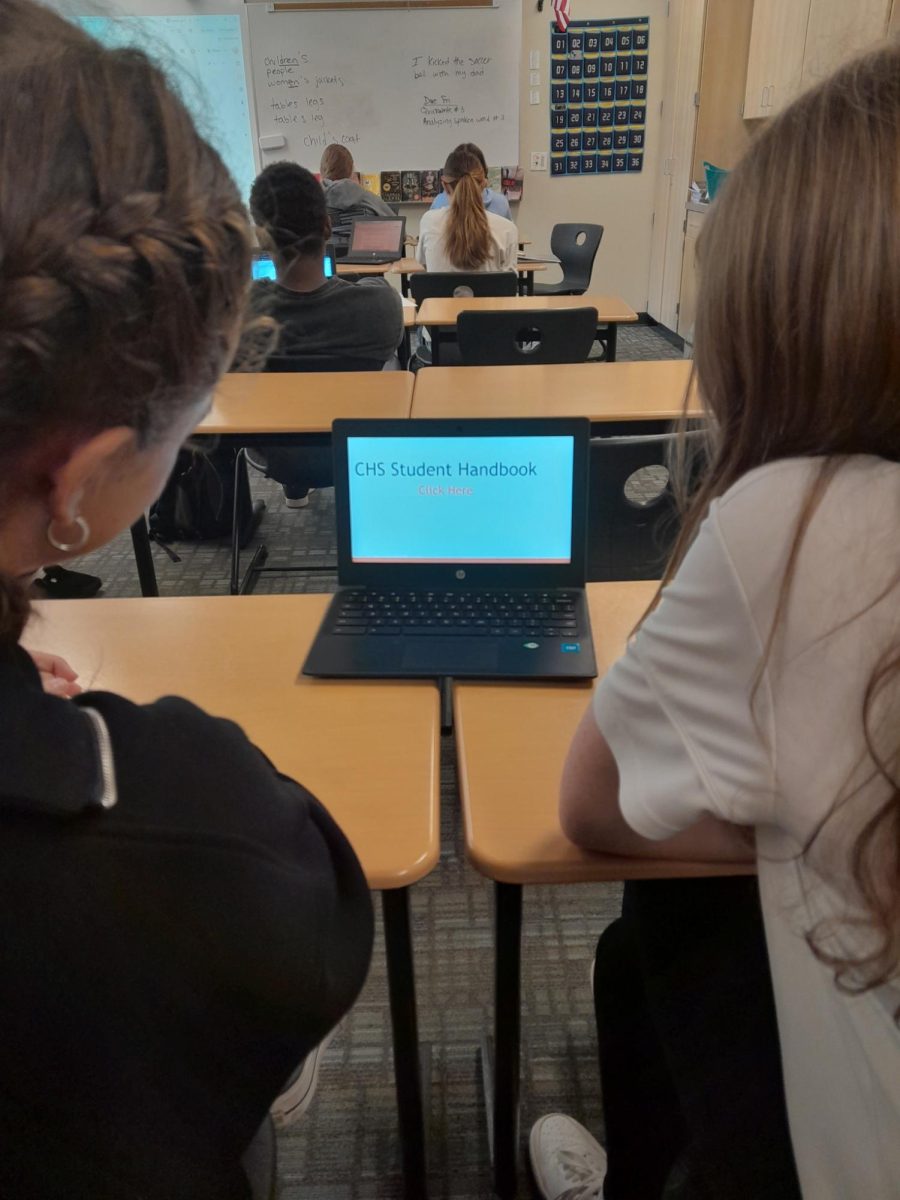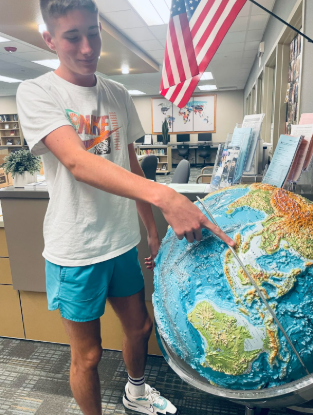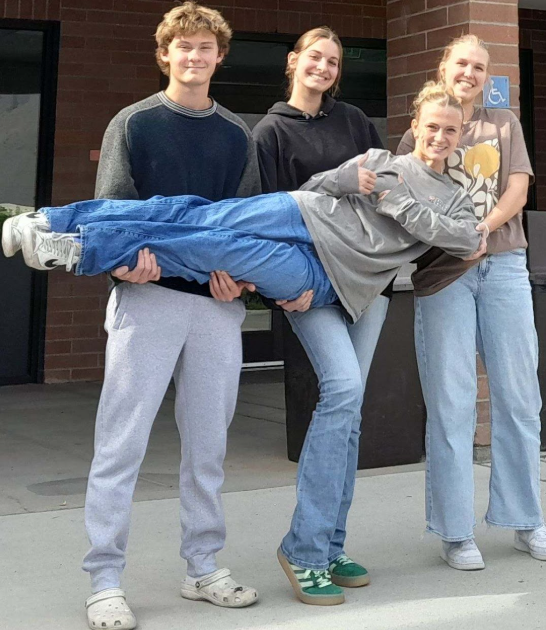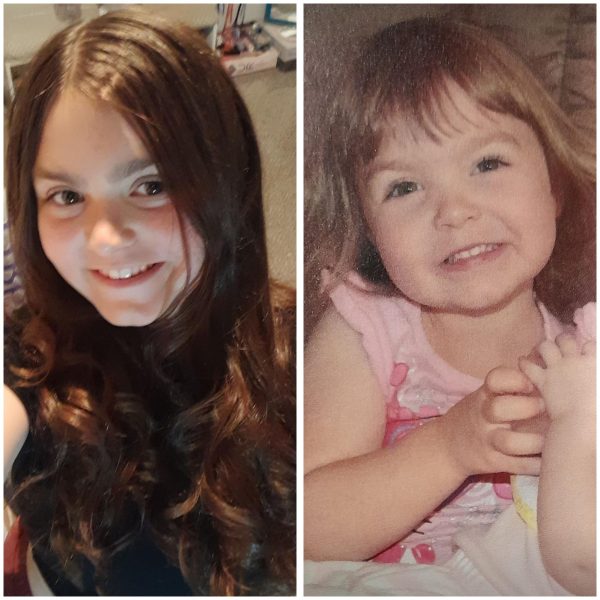Students at CHS know when advisory is, but do they actually know the purpose of advisory? Advisory is a class on Wednesdays that students take to support their growth
and learn more about themselves and others. Although many students as well as teachers take the definition of advisory in a different way, it comes to a consensus that the most important thing in advisory is the relationship between teacher and student.
Students thrive more throughout their years of high school when their advisor makes them feel like they have somewhere to go to ask questions, and a teacher they trust. Advisory teachers feel the same way; they think that advisory is a great way to get to know their students and a great way for the students to get to know them.
An advisory teacher of current juniors, Mr. Boyd, tells us about the relationship he tries to make with his students.
“I’ve created a connection with my advisory students for the most part, so I can give them a hard time and have fun with them, [and try to] try make it [advisory] fun.”
Boyd also states, “That’s my favorite part of it, seeing the same students for four years.”
Boyd thinks it is effective for students to have someone in their life who is there for them, and he isn’t the only one. Many teachers were asked the same questions, and they all said they need to be able to make a connection with their students before the students make a connection with them. The more the student sees that the teacher is open to talking and answering questions, students are more likely to ask their teacher for help.
Sophomore Alex Batanoiu explains how advisory changed his mindset.
“I came into this year stronger than I did freshman year because I knew what to expect, and I learned a lot of those things from the advisors.”
The advisors are a big part of advisory, but advisory wasn’t only created to have a better relationship with teachers. There is an entire history behind advisory, and although it is used for prepping students now, it used to be a requirement for all schools in Washington State. Ms. Fall, one of the many committee members, explains.
“The State of Washington, years ago, required that all schools were to meet, and it was everything from career development to social and emotional [development].”
Created over 15 years ago, advisory is still going strong and is a little different now from then. Since the beginning of advisory, the committee of teachers that plans advisory for the year has branched out on its own, adding fun things to advisory and even some required learning activities as well.
Social and emotional development is a huge part of advisory. Mrs. Swanson, advisor of current sophomores, says this.
“Like we’ve been told, year after year after year, we are trying to help students answer three questions. Who am I, where am I going, and we have also added the social and emotional piece, how can I care for myself?”
Advisor of seniors, Mr. Stewart says, “A lot of it [advisory] is social emotional. Getting kids to figure out how they feel about school, reflect on what they’ve done, and reflect on things in their life”.
The state first required the social and emotional aspect of advisory, but recently, the advisory committee decided to make it a requirement for the school. Ms. Fall says this:
“It teaches you how to work socially and emotionally with yourself and other people.”
Advisory changes every year for students, while still keeping the same concept. Students and teachers thought the same. Ms. Story, a 9th-grade advisor, shares her thoughts.
“I’m a new advisory teacher at Cashmere High School. I have new freshmen that are new to the high school as well, so we’re kind of in it together. It’s nice that I also have the seniors in my class that are able to answer questions.”
Although freshmen are new to advisory, advisors are learning with them and helping the students grow throughout the four years of high school. It seems peer mentors are a huge help for teachers and students as well. Maya Cohen, a freshman, said this.
“All the upperclassmen are super nice and very sweet. I have Eliana [Thomas] as my peer mentor, and she is the sweetest. She is just super welcoming, and I feel very comfortable asking questions.”
As students get older, advisory becomes more career-focused than in their freshman year, preparing students for college, and other paths after graduation and helping them achieve what they are capable of. The benefits of students in advisory are very clear to Ms. Fall.
She says, “I think it benefits them because they have the same person for four years. If they connect with that person, it could be good. There is a routine, every week we have this time, and if we didn’t do it in person, you would have to do it all electronically like other schools in the state.”
The committee of teachers that makes advisory happen has been mentioned, but who exactly are they? This committee meets every month to plan out advisory activities. Ms. Fall says,
“It’s a very dedicated group of teachers who work on it every year. We get together once a month to plan the next activities. We get together in June and lay out what the year is going to look like, so we have a very specific calendar.”
The teachers appreciate the committee as well.Mrs. Swanson says,
“I think the committee of teachers and staff that work on creating lesson plans each week for us do a really thoughtful job, and I just say kudos to them for putting all the time into making advisory what it is.”
Students feel very different about careers as they grow older; some do not know what they are going to do, while others know what their plan is for the future. Senior Joseph Acton says this:
“It’s [advisory] an aid to prepare you for the years after high school so you can have a plan of what you’re supposed to do or what you want to do, but I know everything that I’m going to do after high school, but for other people, that may not have that happen.”
Junior, Makenna Fritz says this about advisory.
“I like it when we did career exploration, and I’m a junior and I still have no clue what I want to do, so it’s a really good opportunity to get more educated about all that.”
Advisory is off to a great start for 2025, and as the year goes on, it’s only going to become more important. By keeping advisory a priority, we can build stronger connections, support our students better, and make our school community even greater.

